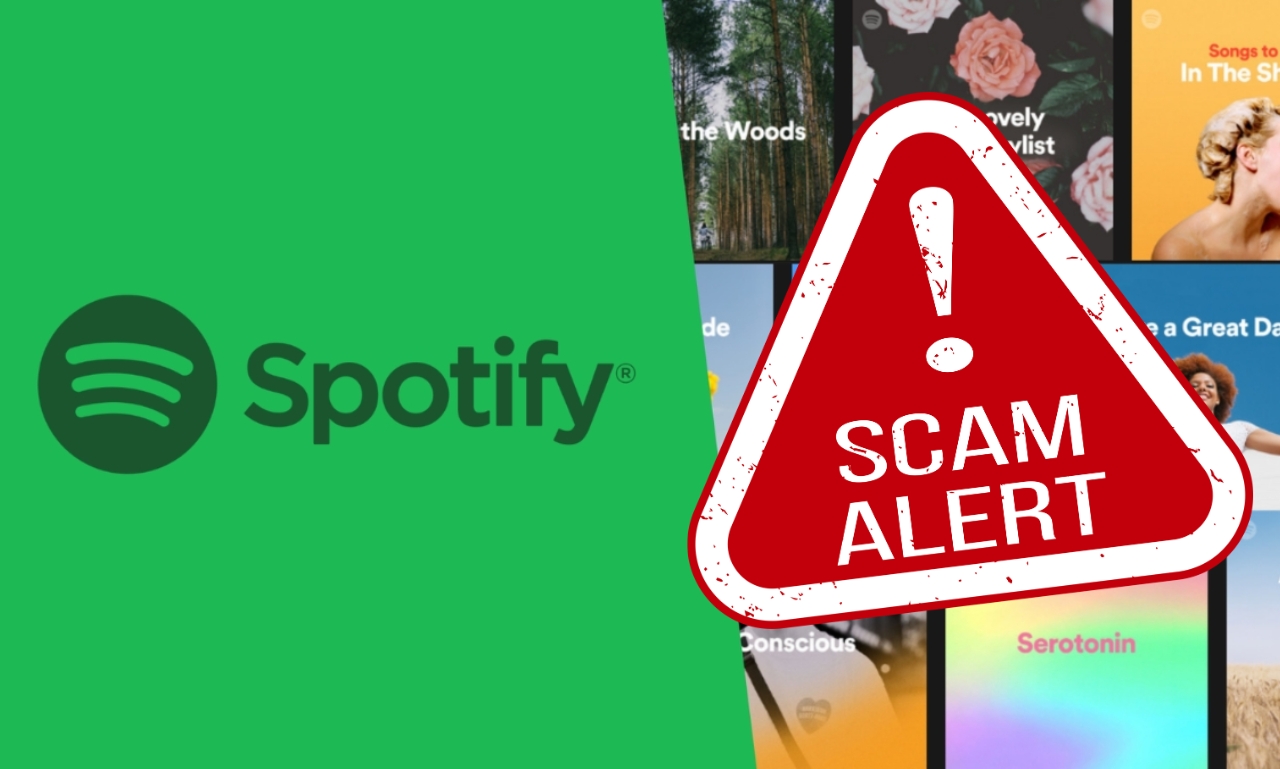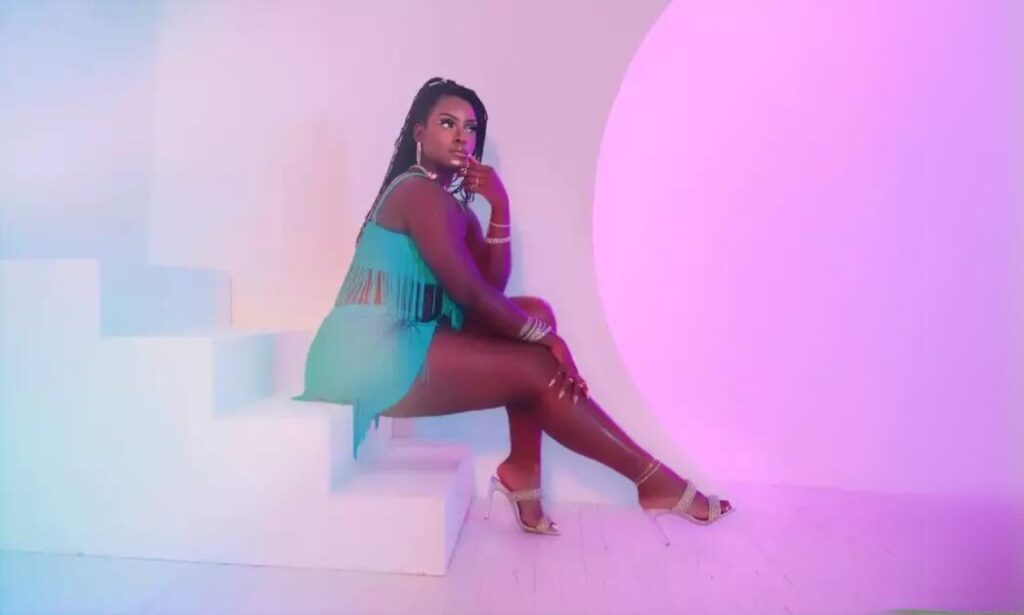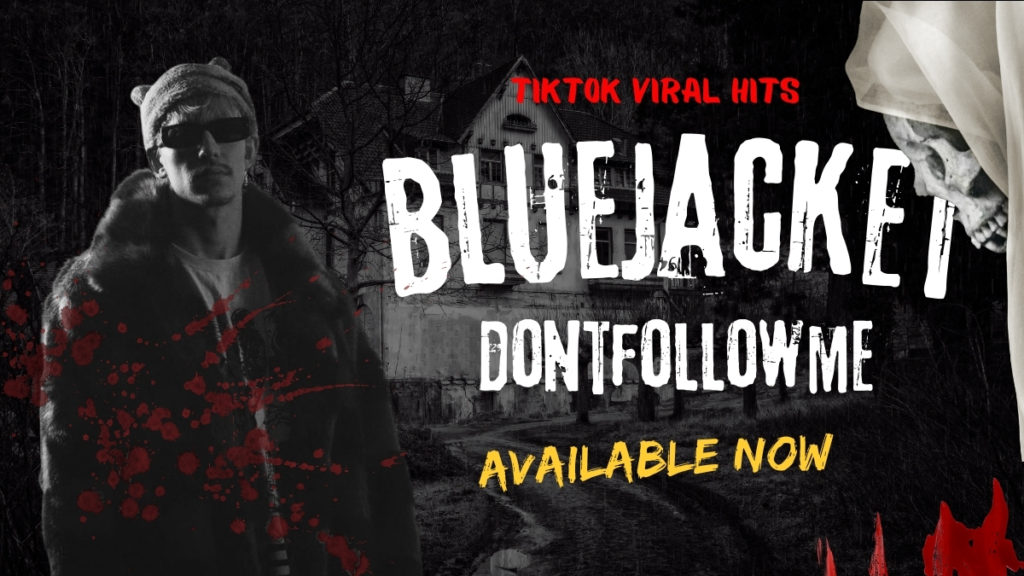When Real Playlists first launched, it was hailed as a revolutionary platform for independent artists. The company promised direct access to verified Spotify curators, a curated selection of playlists, and a user-friendly experience backed by Artist Tools — a so-called industry standard for vetting playlist curators. With public endorsements, a polished website, and a mission to “level the playing field,” it looked like the perfect solution in an industry riddled with fake streams and shady playlist scams.
But now, just months after its launch, Real Playlists has been exposed as a well-orchestrated scam — one that preyed on the hopes of emerging musicians and exploited the desperate need for visibility in the streaming era.
The Promise: Verified Curators and Authentic Promotion
At the heart of the Real Playlists pitch was trust. The platform claimed to only work with Spotify playlist curators who had passed a “rigorous verification” process through Artist Tools. Their vetting system, we were told, analyzed playlist engagement, historical performance, and ethical practices.
In hindsight, this promise was the bait. Artists — especially independents trying to grow their Spotify presence — signed up, paid fees ranging from $50 to $500 for playlist submissions, and waited with excitement. Many reported receiving immediate confirmations and generic emails promising playlist placements.
But that’s where the trouble began.
The Reality: Fake Placements, No Returns, and Vanishing Curators
Dozens of artists have now come forward revealing a very different experience. Some were added to low-quality playlists with fake followers and no real engagement. Others weren’t placed at all — despite payment — and attempts to follow up were met with silence or blocked communication.
The “verified curators” turned out to be burner Spotify accounts, sometimes recycled and rebranded, or even created days before being listed. Screenshots and investigations showed a pattern of playlist inflations using bots, giving the illusion of popularity.
Artist Tools, once touted as a badge of quality, was later revealed to have no legitimate industry credibility. It was either created as a front by the same operators behind Real Playlists or unknowingly complicit in the deception.
Follow the Money: The Real Purpose Behind the Platform
While artists were focused on exposure, Real Playlists was focused on collecting fees. With no regulation, no guarantees, and little accountability, the platform operated in a grey area that made chargebacks and fraud claims nearly impossible.
Even more disturbing, some users reported phishing-style emails and suspicious activity after using the service, raising concerns that the platform also harvested personal and financial data for other uses.
Jacob Boswell, the public face of the company, has gone dark. His LinkedIn and social media profiles have been deleted. The domain RealPlaylists.com now redirects or shows an error, and no public statement has been issued by the founders.
What We Learned: Scams Are Evolving
This isn’t just another tale of “too good to be true.” It’s a cautionary example of how professional branding, tech-savvy platforms, and insider lingo can disguise a sophisticated scam.
By mimicking real industry practices and exploiting artist desperation, Real Playlists presented a façade of legitimacy that fooled thousands. For independent artists with limited budgets, every dollar counts — and this platform took more than just money. It took time, trust, and for some, a belief in the system.
Final Thoughts
In an industry that’s already difficult to navigate, Real Playlists added another layer of disillusionment. Artists are now left scrambling for answers and trying to repair the damage — both financially and emotionally.
As of now, investigations are ongoing, and artists are calling for greater transparency and accountability in the music promotion space. While playlisting is still a powerful tool, this incident is a reminder that artists must research deeply, question even the most polished platforms, and never assume that industry buzzwords equal legitimacy.
For those affected by Real Playlists, speaking up is the first step toward awareness — and hopefully, justice.







